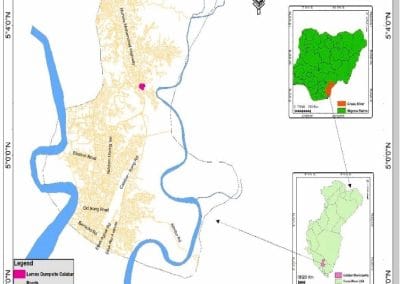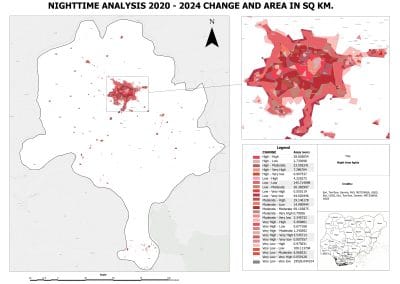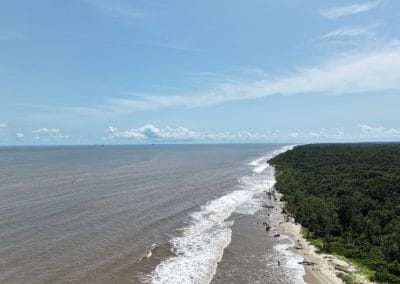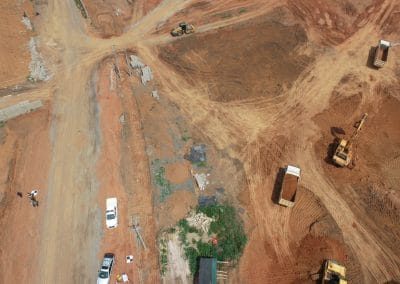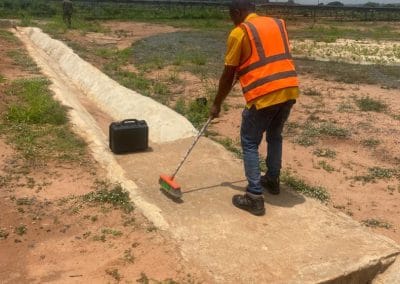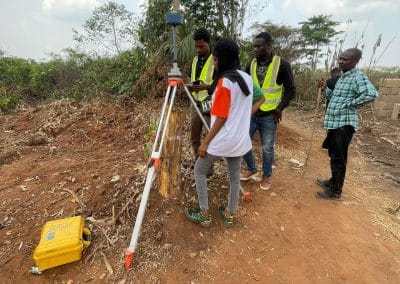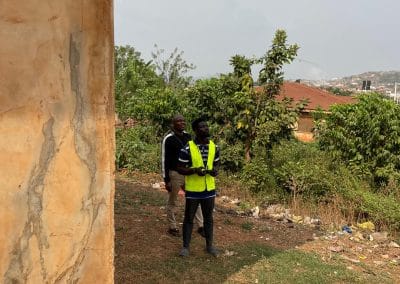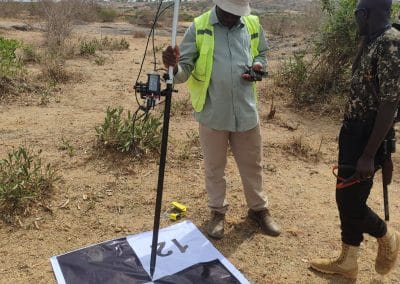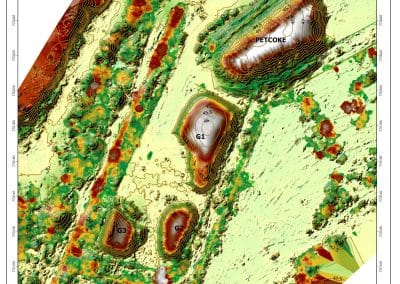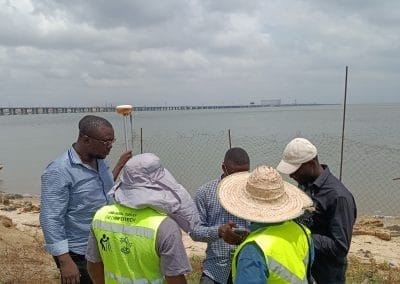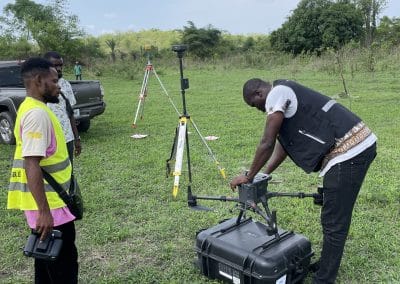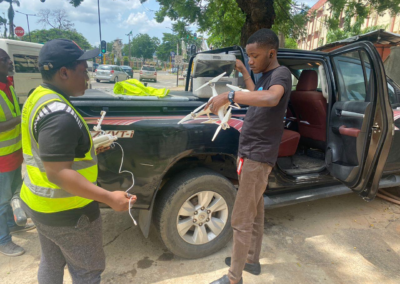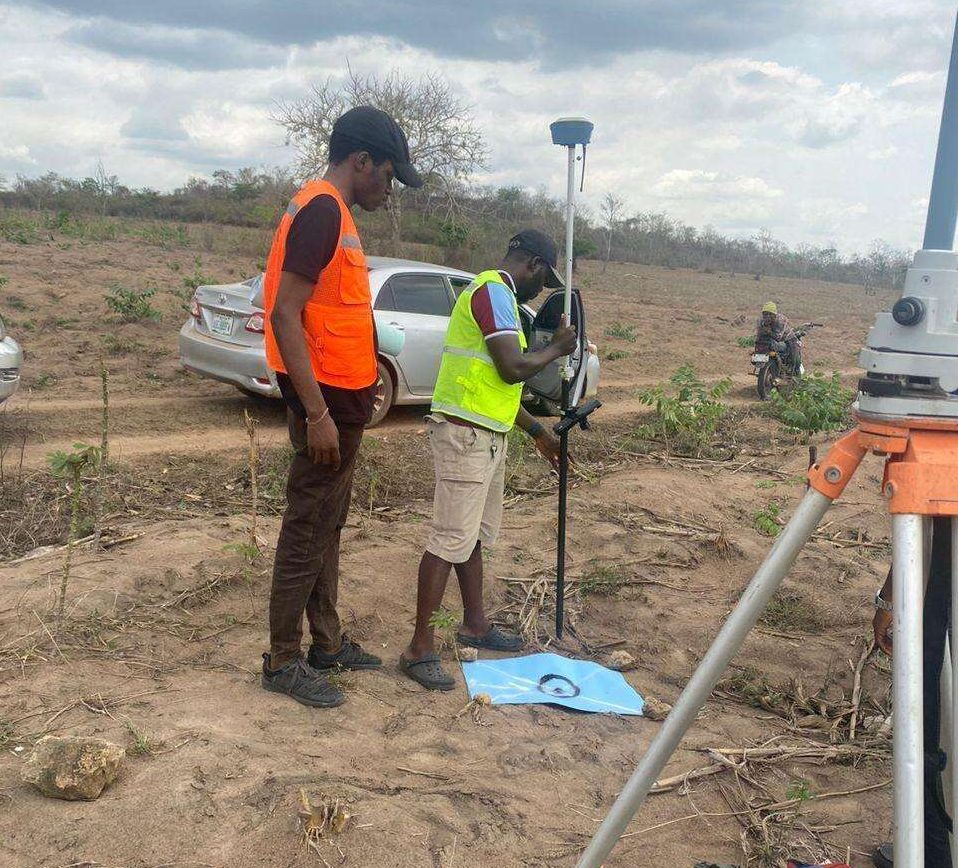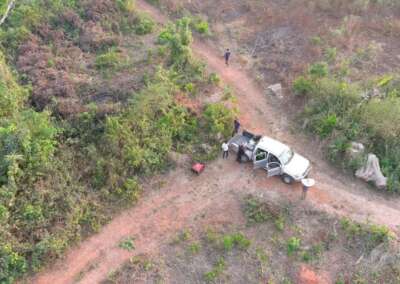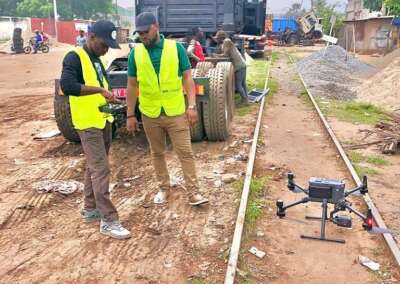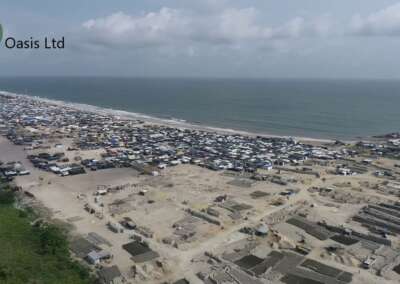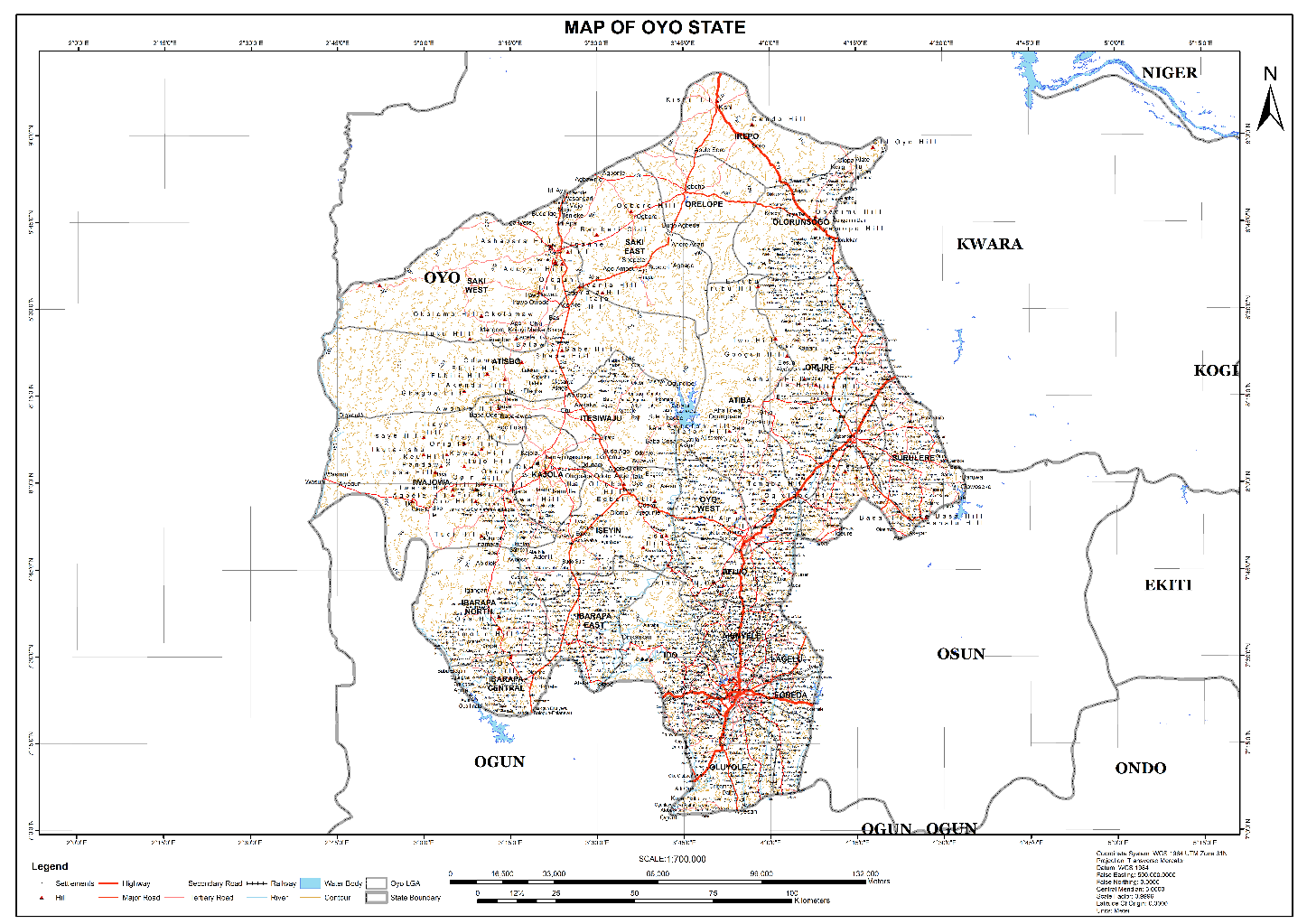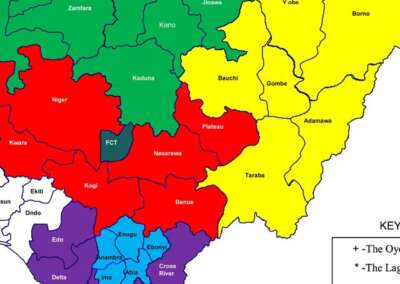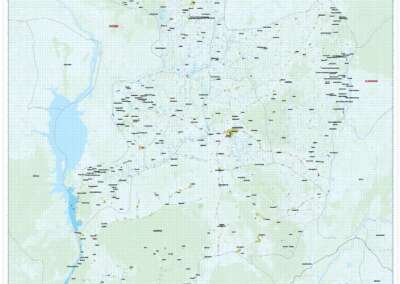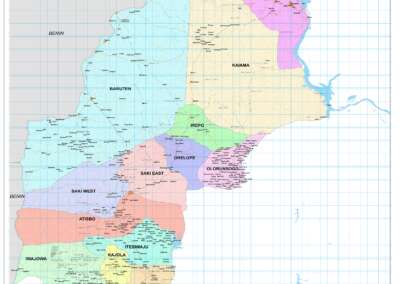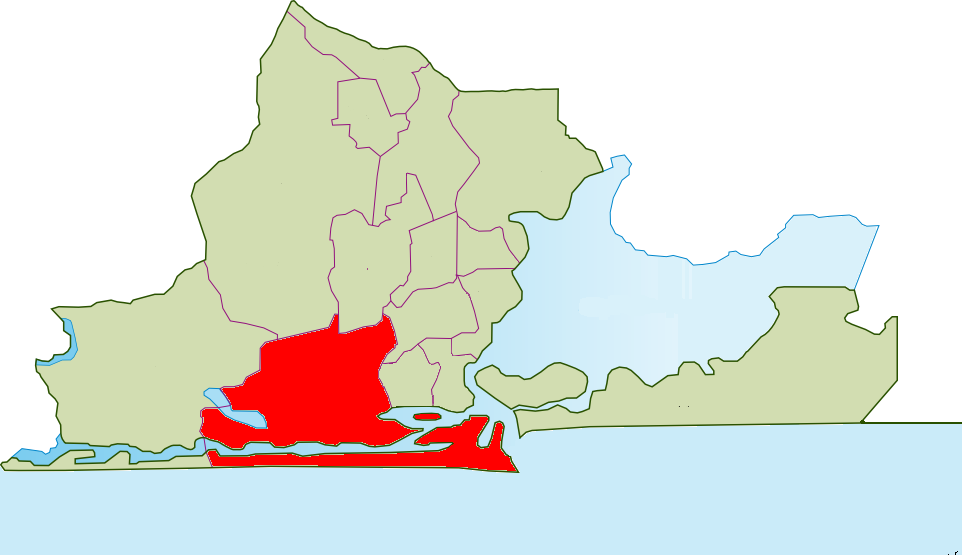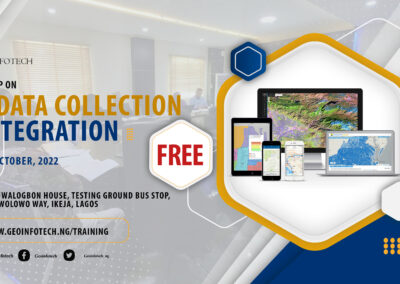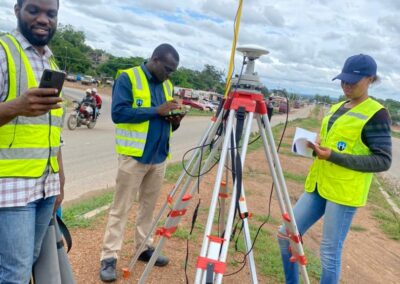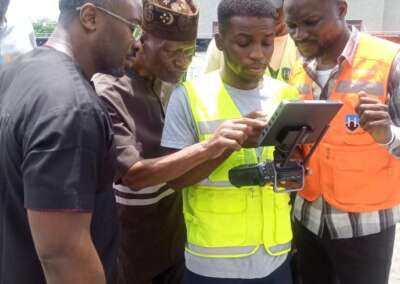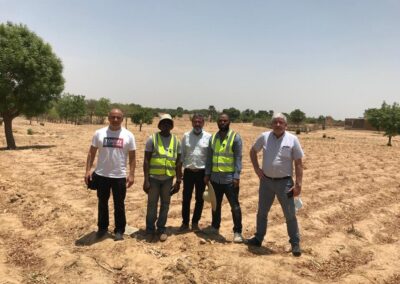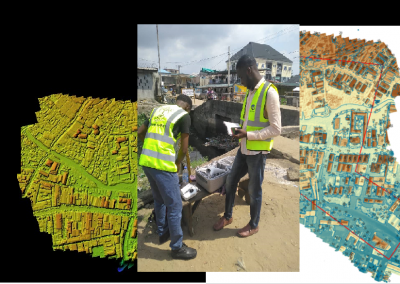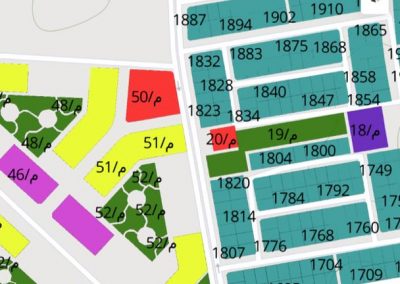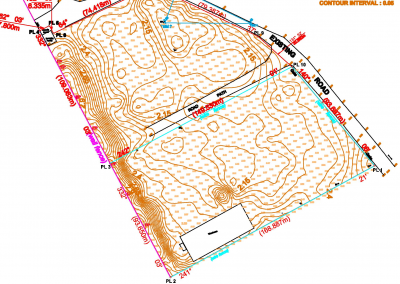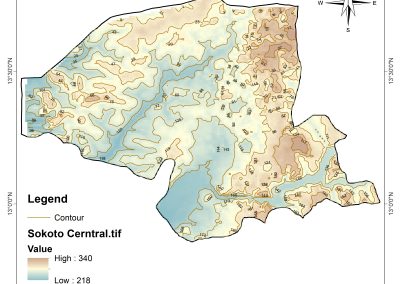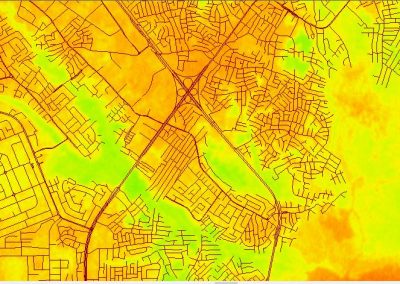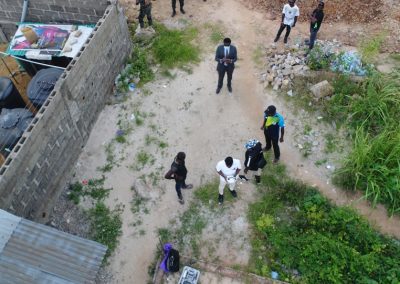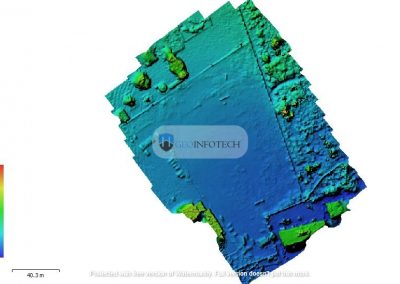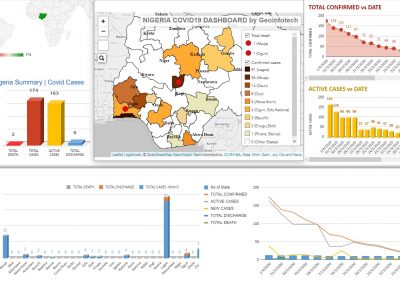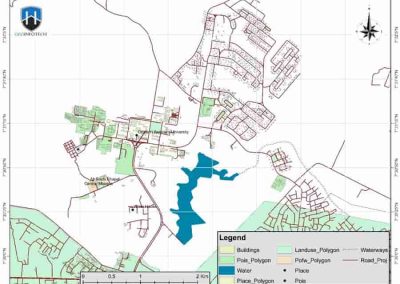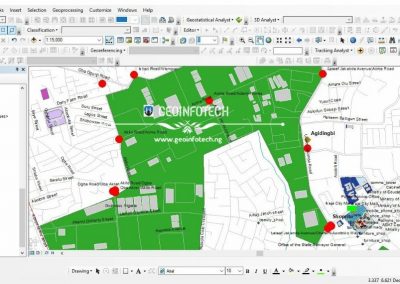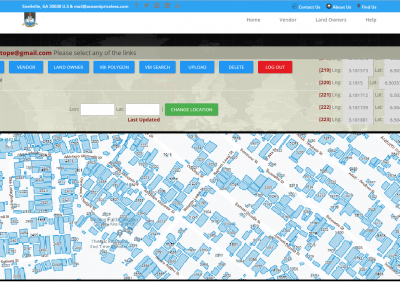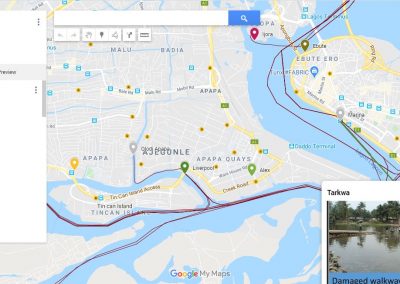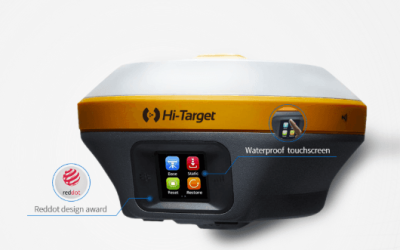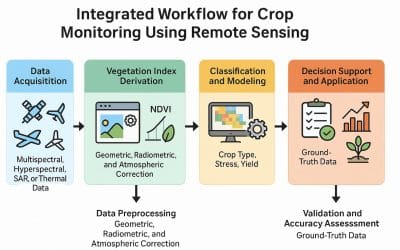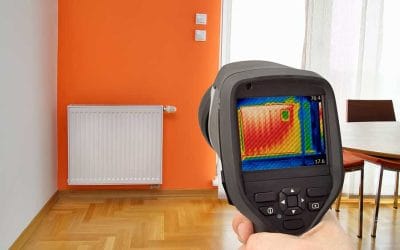In a nation as dynamic and geographically diverse as Nigeria, ensuring security across rural, urban, and border regions remains a pressing challenge. From combating banditry in the North to addressing oil theft in the Niger Delta and monitoring urban crime in cities like Lagos and Abuja, the need for innovative surveillance solutions is more urgent than ever.
Drone technology is believed to be reshaping the landscape of security and surveillance in Nigeria offering real-time intelligence, remote monitoring, and rapid response capabilities previously limited to highly resourced nations.
The Role of Drones in Modern Security Operations
Drones, also known as Unmanned Aerial Vehicles (UAVs), are becoming indispensable tools for law enforcement, military, and private security firms. Here’s how they are currently being used in Nigeria:
- Border Surveillance
Nigeria’s long and porous borders have made it vulnerable to smuggling, arms trafficking, and cross-border insurgency. Drones equipped with high-resolution cameras and thermal imaging are now being deployed to monitor remote border zones, providing continuous oversight that is impossible for human patrols to maintain.
- Anti-Banditry and Counterterrorism
In states affected by banditry and terrorism, drones have enabled military and security agencies to gather intelligence without endangering lives. Real-time aerial footage helps track movement in forests and difficult terrains, making drone surveillance a vital tool in planning tactical operations.
- Urban Monitoring and Crowd Control
Drones are increasingly being used during large public gatherings, protests, and religious events to assess crowd movement and identify potential threats. With thermal sensors and AI-powered video analytics, security forces can act swiftly to de-escalate tensions and prevent violence.
- Infrastructure and Critical Asset Protection
Oil pipelines, power stations, telecom towers, and government facilities require constant protection. Manual security patrols are not only expensive but often inefficient. Drones offer round-the-clock aerial monitoring, helping detect intrusions, leaks, or sabotage attempts early.
Benefits of Drone Surveillance for Nigeria
- Cost-Effective Monitoring: Reduces the need for extensive human patrols.
- Real-Time Intelligence: Live feeds support rapid decision-making.
- Remote Accessibility: Reaches areas inaccessible by vehicles or foot.
- Data Archiving: Footage and data can be stored for future analysis or legal evidence.
Challenges and the Road Ahead
Despite the benefits, Nigeria faces several challenges in fully integrating drones into national security:
- Regulatory Framework: There is a need for clear, enforceable drone regulations that balance security with civil liberties.
- Training & Capacity: More drone pilots and analysts must be trained to manage and interpret data effectively.
- Technology Access: Ensuring both public and private security agencies have access to affordable, locally available UAVs is essential.
At Geoinfotech, we are actively involved in training drone pilots, developing drone-data processing systems, and working with stakeholders to ensure responsible and impactful use of drone technology across the country.
Conclusion
Drone technology is not a futuristic luxury, it is a present-day necessity in Nigeria’s fight for safety and stability. As threats evolve, so must our approach to security. With smart adoption and strategic partnerships, drones can help build a safer, more secure Nigeria.





